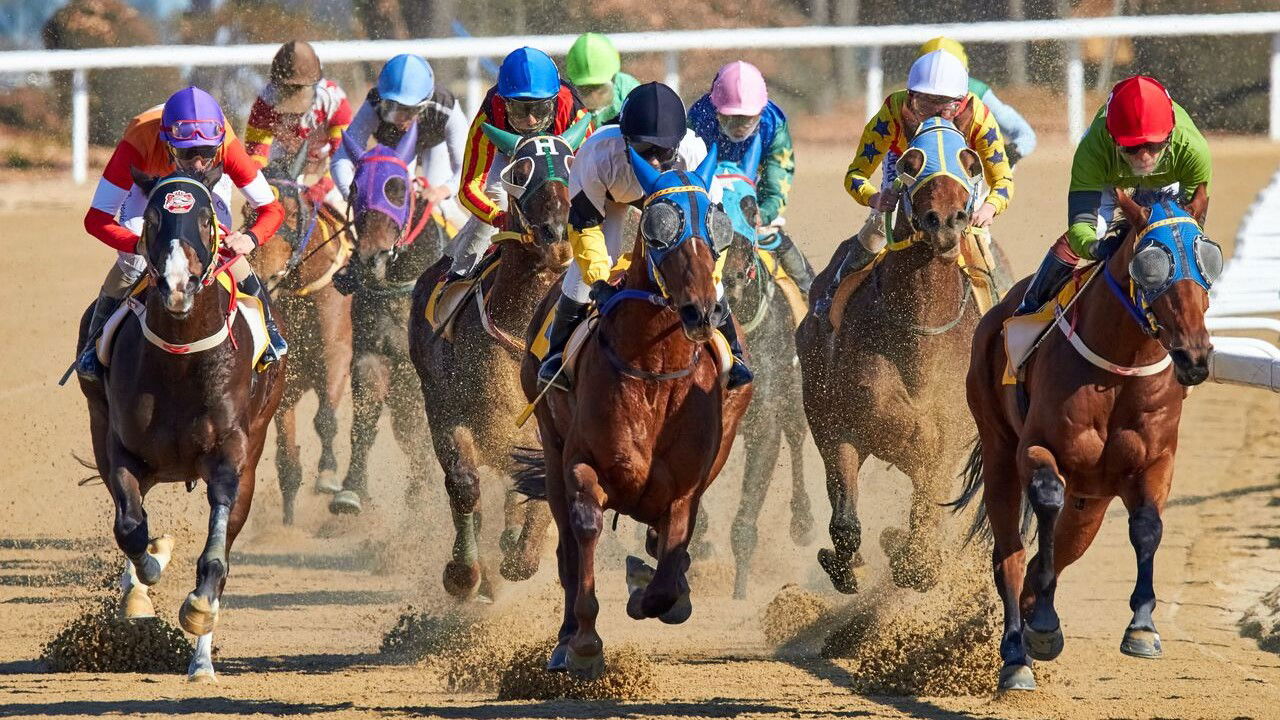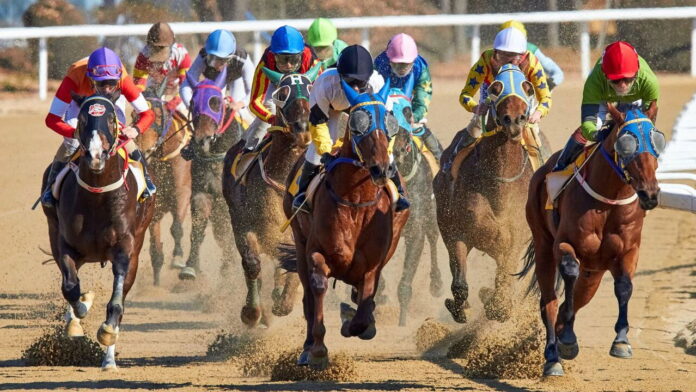
A new bill moving through the Florida House of Representatives is drawing strong opposition from thoroughbred racing stakeholders, who warn it could cripple the state’s horse industry. House Bill 105 (HB 105) would remove the requirement for racetracks to conduct live horse racing in order to maintain gambling licenses, a change known as decoupling.
Critics argue that this could lead to the closure of major tracks, impacting breeding, training, and sales operations in Marion County. The bill’s sponsor, State Rep. Adam Anderson (R-Palm Harbor), has defended the measure, stating that it would give racetracks more business flexibility.
However, opponents, including local officials, horse breeders, and racing industry leaders, believe that the bill could lead to the end of live racing at Gulfstream Park and Tampa Bay Downs, Florida’s two remaining thoroughbred tracks.
David S. Romanik, a longtime gaming attorney and thoroughbred owner, believes Gulfstream Park would immediately stop live racing if the bill is passed. He noted that when other pari-mutuel facilities, such as jai alai frontons and harness racing tracks, were allowed to decouple in 2021, they permanently ended live competitions.
“If live thoroughbred racing ceases at Gulfstream, then there will be no more live thoroughbred racing in South Florida,” Romanik said. He added that owners and trainers would likely move their horses to other states, diminishing the demand for Florida-bred horses and ultimately forcing many breeders out of business.
Marion County, home to Ocala Breeders’ Sales (OBS) and some of the nation’s largest thoroughbred training centers, could see job losses if decoupling becomes law. Former trainer and Dunnellon Mayor Bill White stated that Gulfstream’s potential closure would leave Florida breeders and trainers without a viable in-state racing circuit.
“Without live racing in Florida, the breeding and training centers that are principally in Marion County would have nowhere in Florida to race,” White said. He stressed that decoupling would remove incentives to breed and race Florida-bred horses, leading to a downturn in sales and farm closures.
Marion County Commissioner Craig Curry called HB 105 a direct threat to the local economy, arguing that it would create stand-alone casinos instead of racing venues.
Lonny Powell, CEO of the Florida Thoroughbred Breeders’ and Owners’ Association (FTBOA), noted that Florida-bred horses make up 40% of race entries, wins, and purse earnings at in-state tracks. He warned that the bill’s passage would severely impact the state’s $3.24 billion thoroughbred industry.
Original article: https://www.yogonet.com/international/news/2025/02/25/96195-florida-bill-could-threaten-future-of-horse-racing-industry-stakeholders-warn














